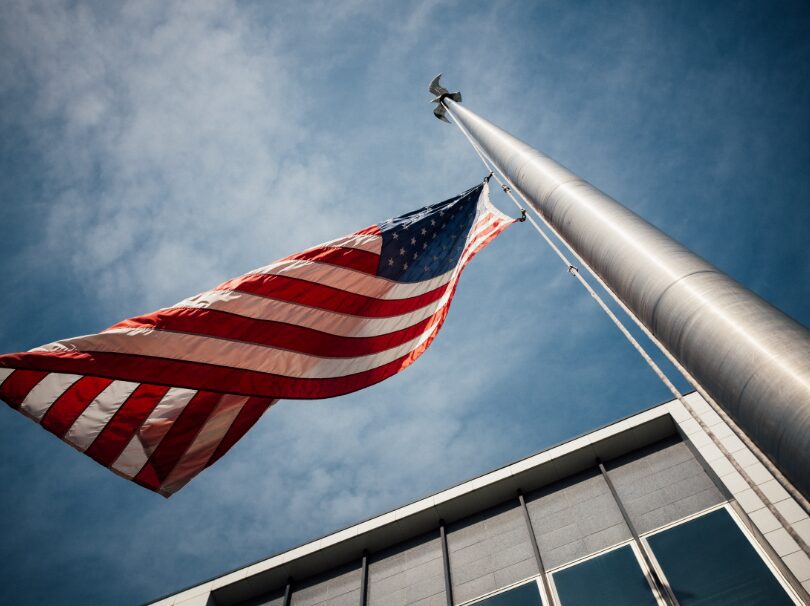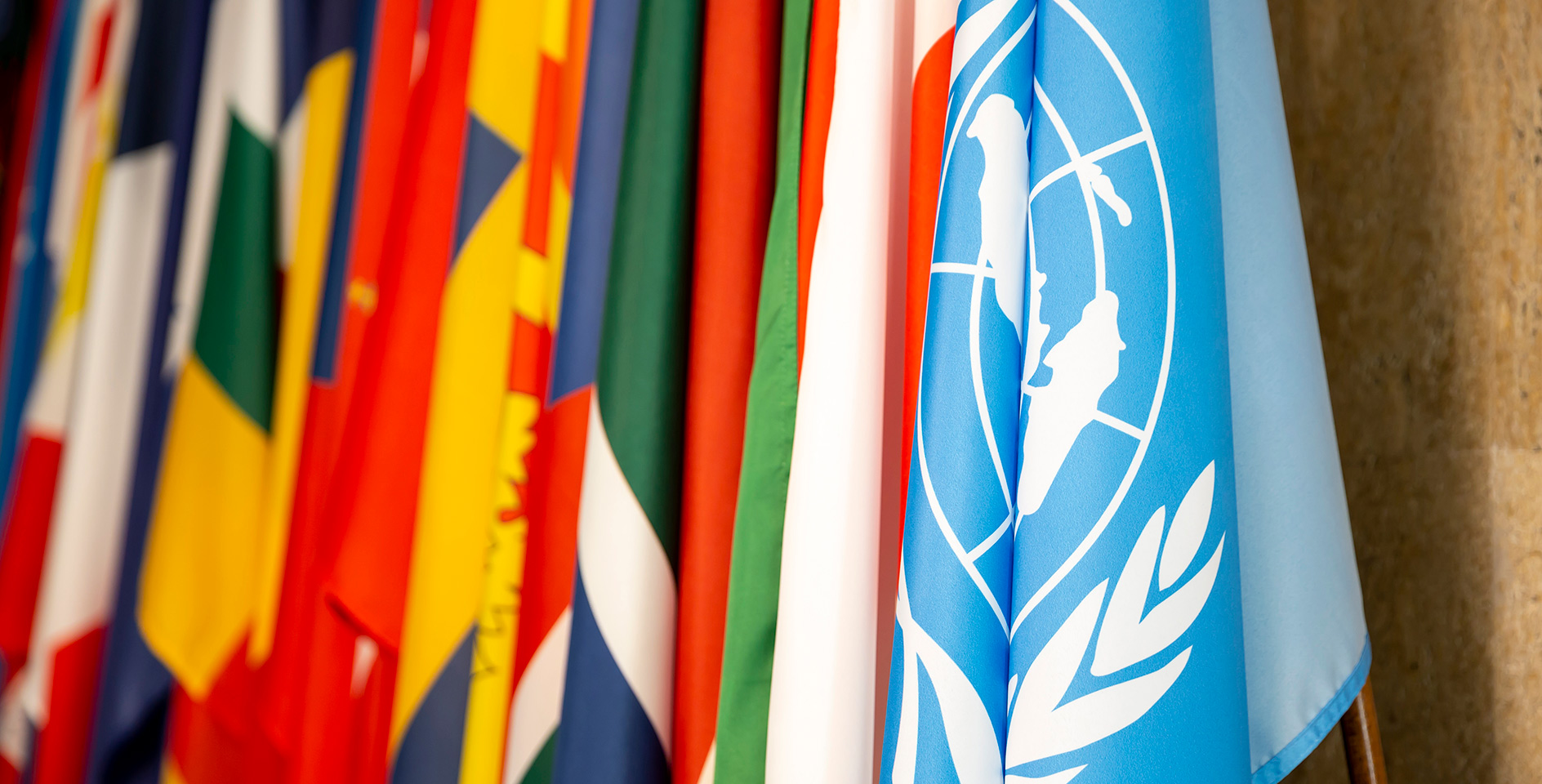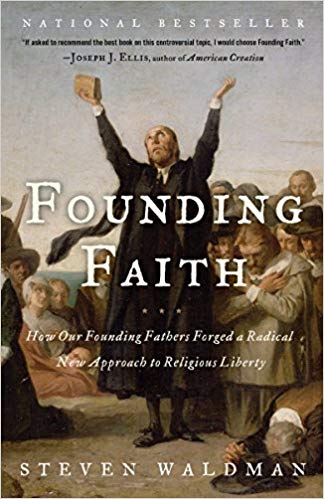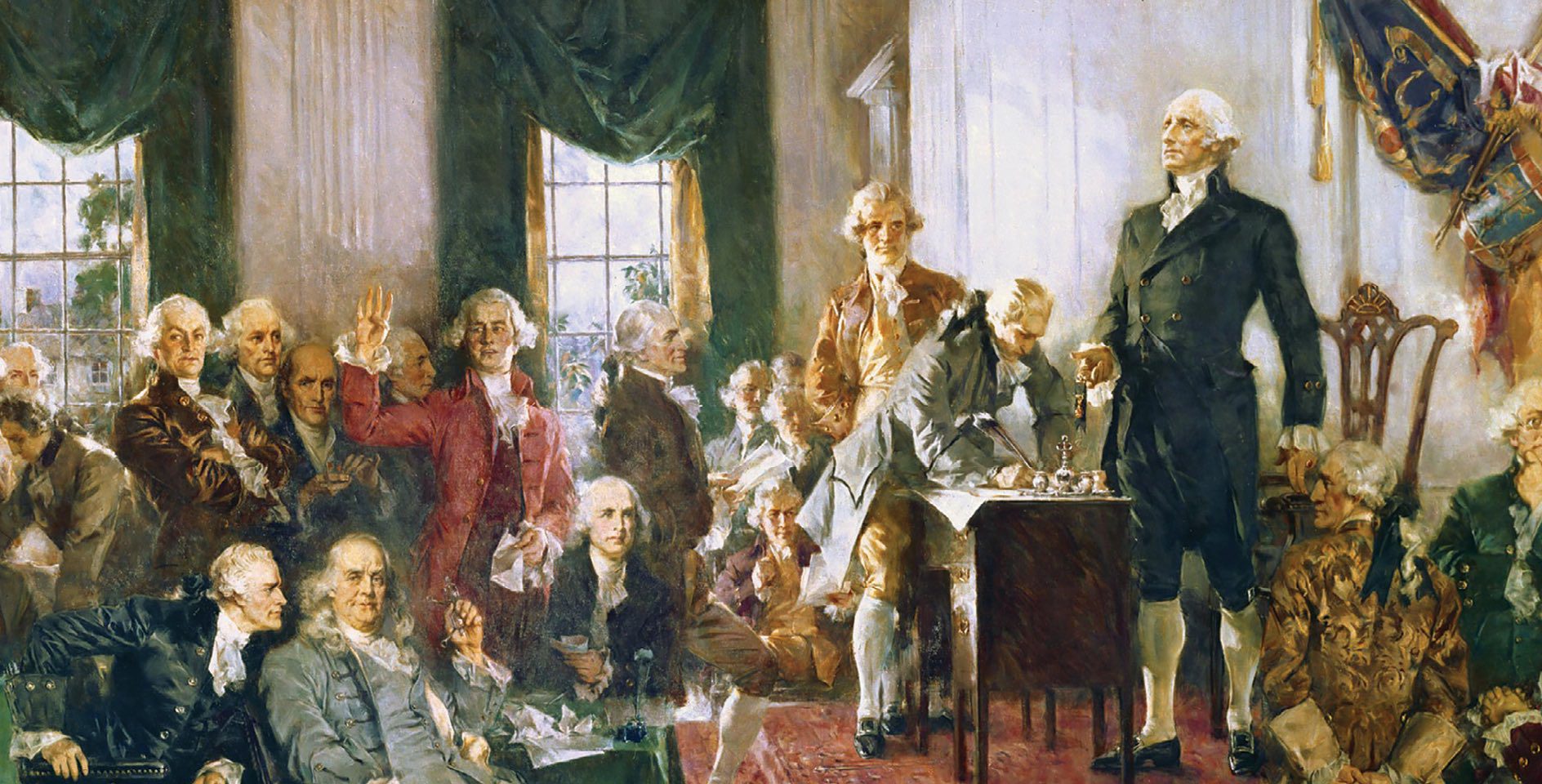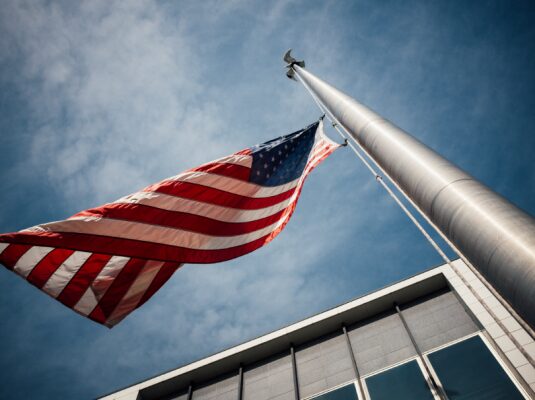None can love freedom heartily but good men;
the rest love not freedom, but license.” — John Milton
The world is comprised of two groups of people—us and them—from which we are constantly resorting and regrouping. Right/Left, Red State/Blue State, Black/White, Arab/Jew. In times of normalcy, this shifting of allegiances and drawing of tribal lines occurs at a leisurely pace. But in times of perceived crisis, such as the recent murder of a dozen French satirists, the process accelerates at breakneck speed.
From reading about this latest terrorist attack one could get the impression that it was the epicenter of the “clash of civilizations” between Islam and Western liberalism. Turning from a tragedy to a farce, the affair has reinforced the stereotype of Muslims as violent totalitarians and of Westerners as profane libertines. Reacting to this caricature, many otherwise thoughtful people feel they have to side with the puerile satirists for fear of giving the impression of kowtowing to the Islamic extremists.
My preference would be to reject this false dichotomy, for I do not support the aims of the French magazine—I am not Charlie Hebdo —nor do I support the violent Muslim protestors. I’d prefer another grouping of “us and them.” Like Milton, I prefer to stand with the good men who “love freedom heartily” (unlike the jihadists) and apart from those who “love license” and use their talents to blaspheme my Lord and heap disdain upon most cherished beliefs (as Charlie Hebdo has always done).
(The jihadists and the cartoonists, of course, are not equally culpable. Drawing offensive cartoons and murdering people are not morally equivalent; they are not even in the same moral universe. This doesn’t really need to be said, of course, for no one outside of an Al Qaeda training camp truly believes they are comparable. Yet if you don’t make that point pristinely clear you will eventually be charged with moral relativism. Such is the degraded state of discourse today. We feign outrage and misrepresent those with whom we disagree in our rush to signal to others which side of the “us and them” line we are on.)
Equating the two as if they were equal would indeed be an embrace of moral relativism. No one has done that. However, we should not overlook the fact that while they are not morally equivalent, both sides are morally tainted. Our choice is to side with victims over murderers, not with righteous defenders of truth over unhinged religious fanatics.
Nine years ago we endured a similar controversy when a Danish newspaper published cartoons of a Mohammad and some Muslims reacted violently. Newspapers across Europe began to republish the offending cartoons in order to show they had no respect for religion of any time. France Soir said it published the images in full to show “religious dogma” had no place in a secular society, and Germany’s Die Welt argued there was a “right to blaspheme” in the West.
The American media hasn’t fully adopted this position, for they selective about what sacred cows they will gore. For decades the media has been willing to offend Christians while refusing to take similar actions that would offend Muslims. But most critics of the media aren’t as upset about that double-standard as they are the implied assumption that the media is refusing to champion their own beatified bovine: the inviolable right to say whatever we want, whenever we want, wherever we want, however we want.
Whereas the West was once measured by our highest ideals, we now champion the lowest common denominator. Past generations of Americans could agree, however, reluctantly, that we had a responsibility to protect acts of speech that were stupid or offensive. Now we rush to the ramparts to defend the treasured “right to blaspheme” and mock and deride the very idea that anything (other than our own freedoms) can be considered sacred.
We are even offended by media outlets that refuse to offend the religious sensibilities of our neighbors—even when it serves no legitimate journalistic purpose. For many people nowadays, the willingness to offend someone’s religious beliefs is one of the highest purposes of journalism and a marker of secular integrity. Offending the easily offended is the responsibility of the press (but only when it comes to religion—all other classes are still untouchable).
What is needed is a broader perspective on our duties and responsibilities, especially as Christians. Yes, offensive speech must be defended. But “good men” ought to carry out the task with a sigh of opprobrium. Standing against the brutality of terrorists does not mean we have to stand in the muck with those who champion the baser elements of our culture.
I believe that, like religious liberty, freedom of speech is a divinely permitted freedom that demands constant vigilance. But just once I’d like to be called upon to champion speech that is true, honorable, just, and pure. Just once I’d like to defend a freedom that wasn’t vulgar, degraded, and profane. Just once I’d like to defend freedom of speech that aspired to the ideals and standards of Jesus Christ rather than to the nihilistic inclinations of Charlie Hebdo. Just once I’d like to defend those who love true freedom and not just the license to offend.
Joe Carter
Joe Carter serves as a communication specialist for the Ethics and Religious Liberty Commission. You can follow him on Twitter at @joecarter.



